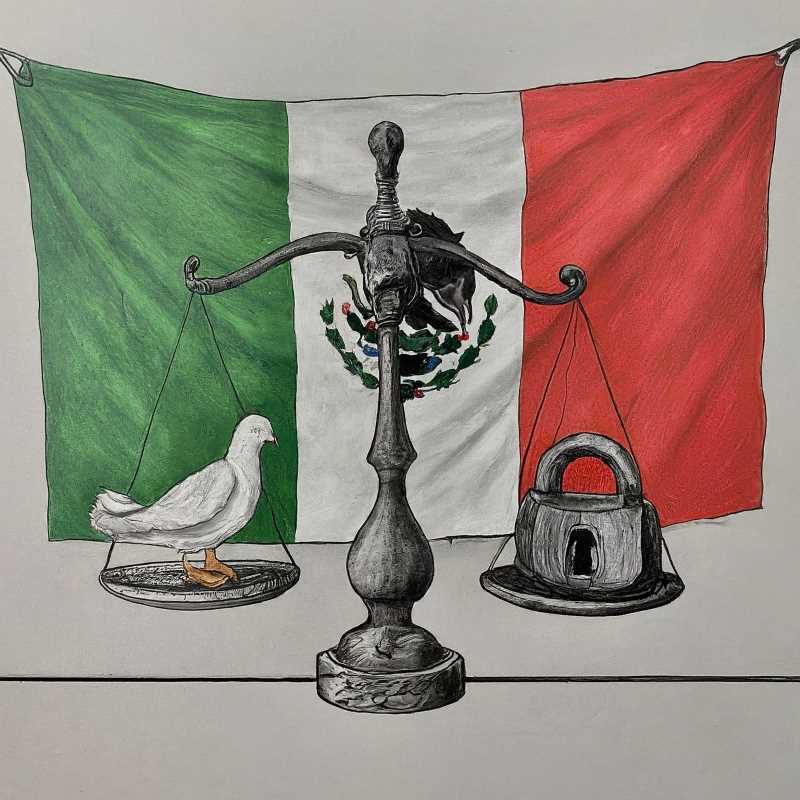Jailbreak for Justice? Mexico Expands Pre-Trial Detention
Mexico expands pretrial detention to include extortion, drug trafficking, tax fraud, and smuggling. The reform aims to combat crime but raises concerns about human rights violations.

In a move that can only be described as both a bold exercise of legislative muscle and an unconventional turn in Mexican jurisprudence, the Constitutional Affairs Committee, led by Deputy Juan Ramiro Robledo Ruiz, has pushed through reforms to Mexico's Magna Carta that are as intriguing as they are controversial. With an eye toward expanding the scenarios in which pretrial detention becomes mandatory, these changes to Article 19 of the Political Constitution set the stage for a legal landscape that reads almost like a surrealist play.
The heart of the reform is deceptively straightforward: the inclusion of new criminal categories that mandate pretrial detention, or 'official preventive detention,' as the law now refers to it. But within this seemingly simple change lies a wealth of legal, philosophical, and societal implications, each more curious than the last.




